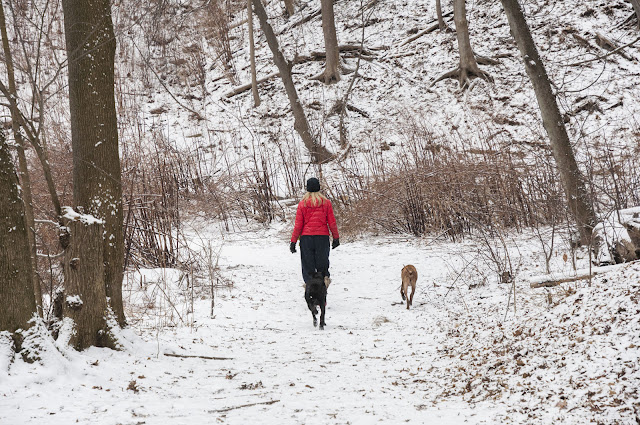Animal Minds and Our Favourite Fables with Dr. Jo Wimpenny

Zazie and Kristi are joined by zoologist Dr. Jo Wimpenny to talk about her book, Aesop’s Animals: The Science Behind the Fables . By Zazie Todd PhD Watch episode 15 of The Pawsitive Post in Conversation below or on Youtube , listen below or via your favourite podcast app (including Apple , Spotify ), or scroll down to read the highlights. About this episode This page contains affiliate links which means I may earn a commission on qualifying purchases at no cost to you. In this episode of The Pawsitive Post in Conversation , Zazie and Kristi are joined by zoologist and writer Dr. Jo Wimpenny to talk about her book Aesop’s Animals: The Science Behind the Fables . We talk about the history of Aesop’s fables and the role they still play in society today, before moving on to wonder whether there is a grain of truth in them when it comes to animal behaviour. We consider some of the most popular fables. Are crows really as clever as Aesop suggested? Why are wolves always the villain? Do...






